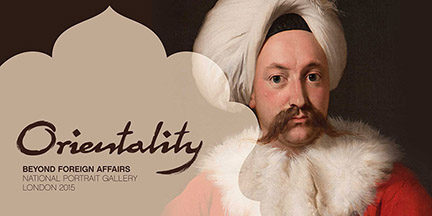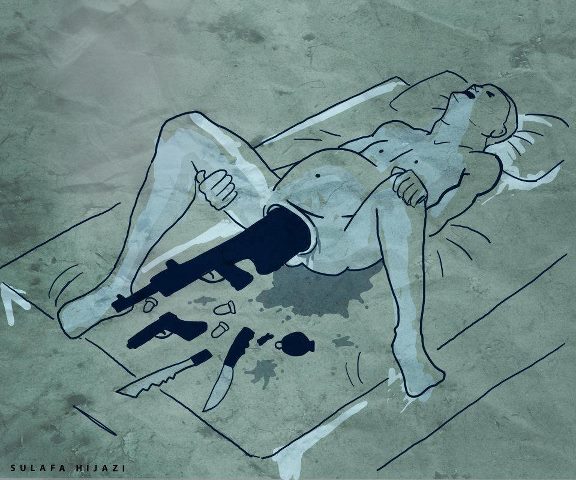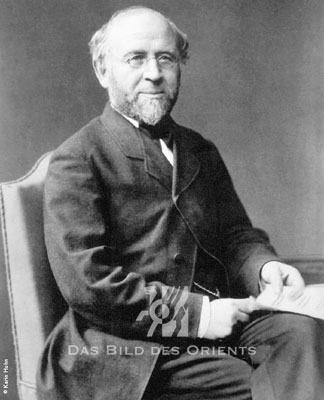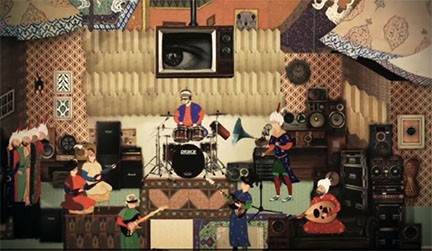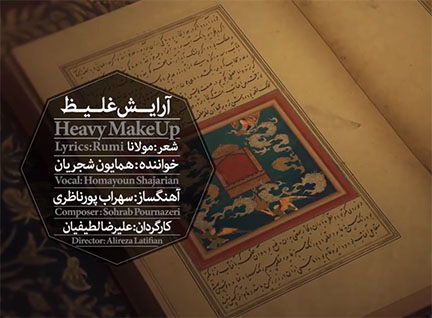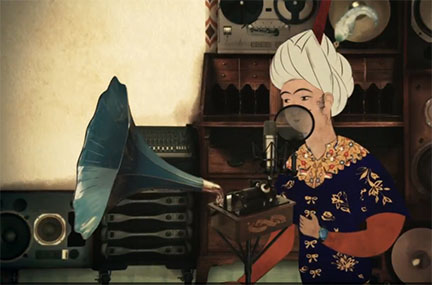
In solidarity with the people killed in Paris, this illustration is accompanied by the caption, “Break one, thousand will rise,” as part of the #JeSuisCharlie hashtag. Many people and media outlets have been sharing this illustration by Lucille Clerc but incorrectly crediting Banksy.
Credit: Lucille Clerc License: All rights reserved..
by Omid Safi, Director of Duke University’s Islamic Studies Center, On-being, January 8, 2015
As a person of faith, times like these try my soul. Times like these are precisely when we need to turn to our faith. We turn inward, not because the answers are easy, but because not turning inward is unthinkable in moments of crisis.
So let us begin, not with the cartoons at the center of the shootings at the office of Charlie Hebdo in Paris, but with the human beings. Let it always be about the human beings:
• Stéphane “Charb” Charbonnier, 47 (editor)
• Bernard Maris, 68 (economist)
• Georges Wolinski, 80 (cartoonist)
• Jean “Cabu” Cabut, 78 (cartoonist)
• Bernard “Tignous” Verlhac, 57 (cartoonist)
• Philippe Honoré, 73 (cartoonist)
• Elsa Cayat (columnist)
• Michel Renaud (a guest)
• Frederic Boisseau (building maintenance worker)
• Franck Brinsolaro, 49 (a police officer)
• Moustapha Ourrad (copy editor)… It’s not Muslims vs. cartoonists, as long as there are Muslim cartoonists.
• Ahmed Merabet, 42, (police officer)… A Muslim who died protecting the cartoonists from Muslim terrorists. Muslim vs. Muslim.
And brothers Said Kouachi and Cherif Kouachi, and Hamyd Mourad — the shooters, with a legacy of crime behind them.
I try to resist the urge to turn the victims into saintly beings, or the shooters into embodiments of evil. We are all imperfect beings, walking contradictions of selfishness and beauty. And sometimes, like the actions of the Kouachi brothers and Mourad, it results in acts of unspeakable atrocity.
So how do we process this horrific news? Let me suggest nine steps:
image
Muslim police officer Ahmed Merabet. He was shot in the head while lying on the ground begging for mercy on the streets near Charlie Hebdo’s office building.
1) Begin with grief.
We begin where we are, where our hearts are. Let us take the time to bury the dead, to mourn, and to grieve. Let us mourn that we have created a world in which such violence seems to be everyday. We mourn the eruption of violence. We mourn the fact that our children are growing up in a world where violence is so banal. Continue reading 9 Points to Ponder on the Paris Shooting and Charlie Hebdo →
